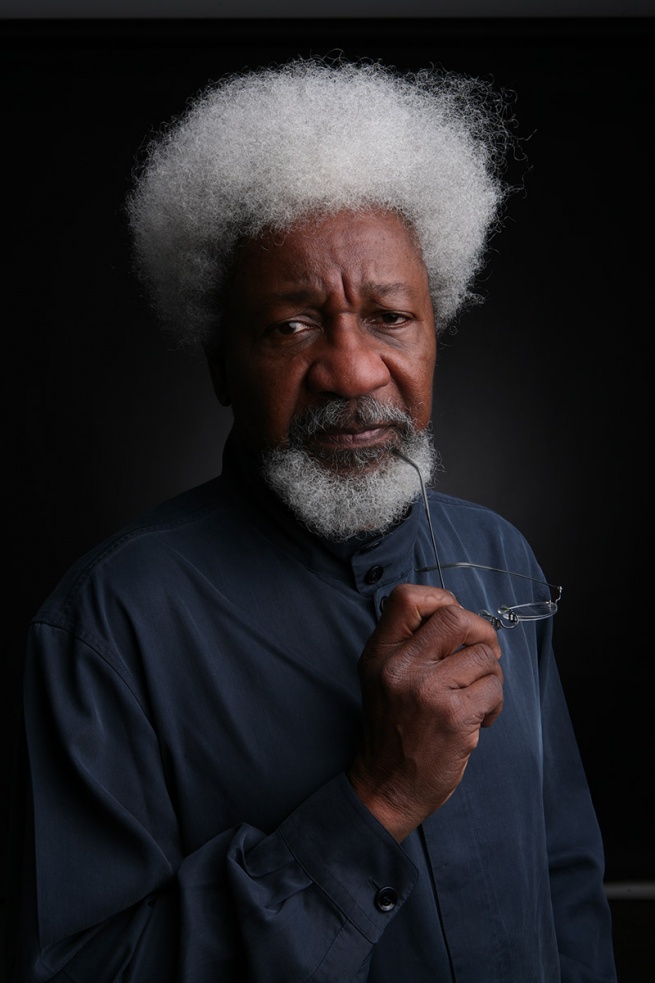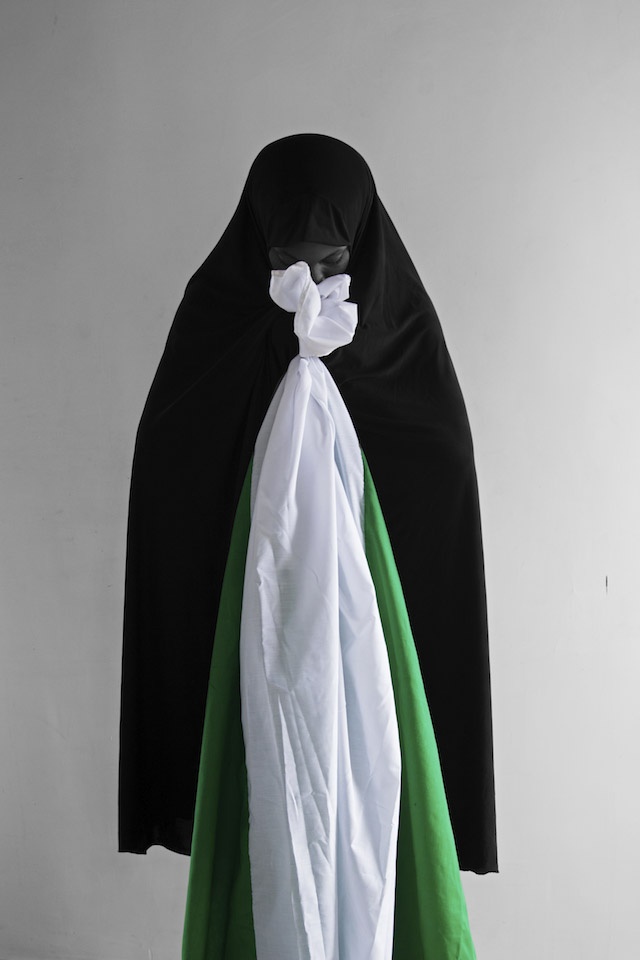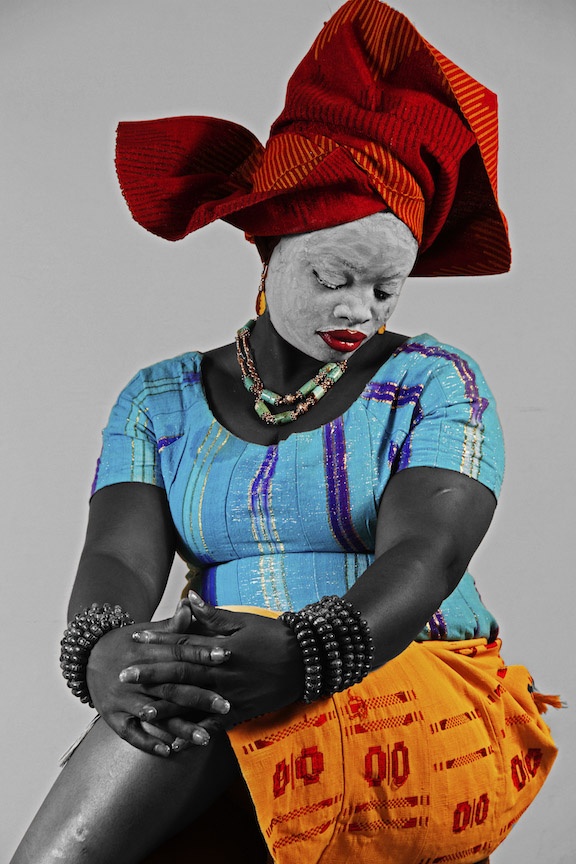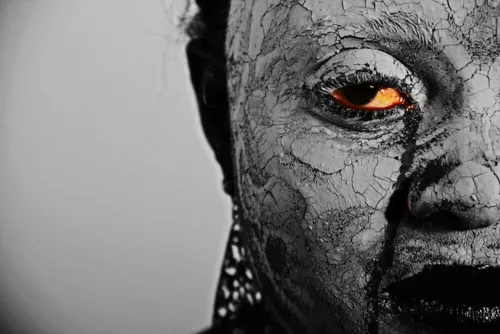Speciale
Out of Africa: A Conversation with Wole Soyinka
We usually speak about Africa in relation to what it has been for Europe. For some, Africa remains an object of desire. For others, it is an indefinite landmass of countries in perpetual development. For several more, it is an inextinguishable source of natural and economic resources ready to be exploited. Most recently, for almost everybody it coincides with the faces of the migrants crossing the Mediterranean, landing on our shores in search of a refuge, democracy and better life conditions.
But how often do we take the time to listen to what Africa and its people tell us? Intent in telling only one version of the story – our own – we barely find the time to listen to the voices of a varied and complex continent made up of 54 nation-states and a significantly higher number of peoples.
One of the most powerful voices coming out of Africa is that of Wole Soyinka. Born in 1934, Soyinka, a Yoruba man from Nigeria, is a versatile artist, a committed intellectual, and the first African who was awarded the Nobel Prize in Literature, in 1986. On the occasion of his two recent visits in Italy in the fall – the first in Mantua, at Festivaletteratura, where he discussed with former Prime Minister Romano Prodi the role of Africa in the world's future, the second in Florence at the peace summit Unity in Diversity – Soyinka, with his distinct baritone voice, told us about his life as a writer, playwright, and cosmopolitan African intellectual, about his political engagement that led him to imprisonment and exile, about his artistic origins and legacy, the function of art in the age of Boko Haram, and the climate of fear caused by global terrorism. The starting point of our conversation, as is often the case, was theatre: in his works and in his life, the stage remains a privileged site of resistance.

Wole Soyinka
Alessandra Di Maio: You were born in Abeokuta, in the heart of Yorubaland. Nigeria, especially Yoruba society, is typically the backdrop of your works, particularly your plays. In them, ordinary women and men, even area boys, appear next to kings, orisha, mythological characters, historical figures, elders, ancestors, and traditional masqueraders. Is it accurate to say that your vision of the world and humankind is essentially Yoruba?
Wole Soyinka: Unquestionably, deeply Yoruba. Even though I write in English, it is unquestionably Yoruba. I grew up in an atmosphere of drama – the parade of the egungun (ancestral masquerades) – both religious and secular - through the streets, in the marketplaces, public squares etc. etc. The rituals and seasonal celebrations of traditional deities etc. etc. When I began school and then encountered a different kind of theatre, it all formed a continuum and I began to experiment.
ADM: In some of your plays Yoruba and Greek gods merge, like Ogun/Dyonisus in The Bacchae of Euripides, who by the end of the drama even assumes Christ-like tracts. The merging of gods from different pantheons looks like a hopeful message for the future: religions can indeed live side by side and offer syncretistic solutions to societies. Yet, what’s happening today in Nigeria and in the world points towards an opposite direction.
WS: Brazil, Cuba, Colombia, Puerto Rico and others – these are places outside the Yoruba mainland where Orisha/Roman Catholic saints syncretism has taken place. All religions, unfortunately, have their throwbacks, impenetrably sealed (through indoctrination) blocks that pass for minds. Well, what do they know of Brazil to begin with, when they consider any religion but their defecations on the book of god. What can you do with people to whom the divine gift of thought is impiety, a lack of faith in what has been drilled through their skulls from infancy, and a guarantee of eternal perdition? What can you do with sects to whom the pillar of wisdom is viable only as a pillar of fire?
ADM: What we hear in the news about Nigeria is discomforting. Religion and terrorism seem to be going hand in hand, while oil seems to be the only common interest. What is Boko Haram? What is their agenda? How are religion, terrorism and economic interests related?
WS: It is a complicated scenario, a toxic mix of religious fundamentalism, political arrogance and greed for oil resources. Corrupt and unscrupulous politicians have learnt to manipulate religious extremism. Nor must we omit colonial history, the cynical implantation of future seeds of destruction, since the British, on departing, falsified not only the first democratic elections but the census, thus deliberately handing power to a section of the country that was feudal in history and orientation, inserting into their thinking the conviction of divinely endowed, and perpetual rule. This has always constituted the swirling undertows beneath the deceptively placid surface of political compromises. The sponsors of Boko Haram have not scrupled to involve international terrorists like Al Qaeda, sending out their foot soldiers for training before unleashing them on the Nigerian nation. Politics, and fundamentalist indoctrination – there you have the perfect recipe for social anomie.
ADM: Do you think that the international community has a responsibility in what is happening in Nigeria?
WS: The international community had better take an interest. What happens – of this nature – in Nigeria, is not confined to Nigeria alone. And I do not refer simplistically to hare brained but potentially lethal escapades like that of Abdutallab, the so-called crotch bomber from some time ago.
ADM: In addition to your pledge to writing, you have also been relentlessly committed to political activism, to the well-being of your country, and to the search for a universal ideal of justice beyond national borders. What kind of relationship is there between art and politics? Do they complement one another or get in each other’s way?
WS: They complement each other, contradict, get in the way of, aggravate, create resentments between, suffocate, sabotage, complicate each other’s claims and sense of immediacy, relevance, primacy, self-importance, impositions, etc. They turn my being into a war zone. Fortunately however, I am able to exercise control over their clamorous importuning and come to terms with the seeming abnormality and inhuman tolerance of their host tissues. I have come to the conclusion that I am among the unacknowledged saints of the literary profession.

Chriss Aghana Nwobu, Collective Conscience, 2015, courtesy of the artist
ADM: Your works convey your awareness of being not only Nigerian, but also African. Your references to South Africa, for instance, recur in your essays but also in your poetry – Mandela’s Earth and Other Poems is one example, but I’m also thinking about Mozambique, which you evoke in the longer poem Ogun Abibimañ. Have you acquired this ‘African’ awareness or were you born with it?
WS: I have acquired it, of course, and early on, through exposure. But Africa is only a logically closer zone of identification with humanity than elsewhere. I tend to intervene literarily and actively with victims of the anti-human scourge no matter where, and with the same measure of indignation and commitment – former Yugoslavia, Chechnya, Palestine, the Caribbean, North Korea (the largest slave encampment in world's history) and in the current slaughter house called Syria. My work in the creation of Cities of Asylum, a global network for persecuted writers, is only a physical expression of my remedial interventions.
ADM: The exploration of connections between the African continent and the diaspora seem also to be part of your artistic vision and cultural agenda.
WS: Black Presence in any part of the world is an academic field of interest, and not merely an emotional engagement for people of the black race. Africa’s history is not separable from the history of humanity’s dispersal in any part of the world. It does however hold a special fascination for Africans, naturally, because it is their history, and every year presents its indigenes with evidence of much suppression and distortion. But this does not necessarily evoke negative or accusatory feelings, it is more a scholarly passion. What else has been suppressed? Why? And the re-creative instinct takes over – let us dredge and celebrate these hidden, undervalued, or clogged-up tributaries to the world’s pool of civilization. Nothing extraordinary about it. My latest book, Of Africa, addresses these issues. I have also been engaged in research work on the Trans-Saharan Slave Trade which has received such scant attention in history scholarship, that the heroic narrative of the Black Presence in the Arab world like Iraq is so little known.
ADM: Despite your sense of belonging to the entire African continent and your keen interest in the diaspora, Nigeria for you remains 'home'. More than that: you seem to be hopelessly in love with your home country, despite the fact that your love has not been punctually reciprocated. Truth be said, when I visited, I was awestruck by how your people reciprocate your affection, how they respect you, worship you, rely on, and believe in you. Quite a love story, I must admit. Now, it’s easy for me to understand why your people love you. But I can't help to wonder how you can still be so much in love with a country that has caused you so much trouble – jail, solitary confinement, death sentence, property violation, personal and family attacks, you name it.
WS: Here is the truth: no, I am not in love with Nigeria. I accept that entity as one to which I belong, that’s all. It is not even a love-hate relationship. I am not sentimental about nations. Indeed, I believe that nations constitute the worst single crime against humanity of which humanity is guilty, fortunately only against itself. Don’t ask me what should exist in its place, because I don’t know. I am only convinced that, given the total intelligence that has taken us to outer space and back, humanity could have done better for itself in terms of its societal formulations. One of my favorite slogans: Let nations die, that humanity may exist. That crime, called Nation, is outclassed only by Religion - as distinct from spirituality, please note!
However, to return to Nigeria, it is the humanity of which I am a part that informs my continuing allegiance. And that goes with criticism and even occasional downright hostility. It is difficult, very difficult not to hate, even despise parts of what names itself 'Nigerian'. But that is true of every nation of the world. There are times when I wish the space that calls itself by that name would evaporate. It is at such times that I take myself into the forest and keep company with the forest denizens by preference, sometimes on extended hunting sessions with traditional hunters. Been feeling like doing that lately, by the way, given the havoc being wreaked on the nation by mindless religious fundamentalists and the political opportunists who unleashed them on us, visualizing that I had them at the receiving end of both barrels! So, all in all, on second thoughts, I don’t think I qualify for sainthood.

Chriss Aghana Nwobu, The Rich Also Cry (from the series Masked Burden), 2012, courtesy of the artist
ADM: In the face of chaos, Nigeria relentlessly continues to churn out talents in the literary field. Chimamanda Ngozi Adichie, Lola Shoneyin, Chris Abani, Chika Unigwe, Uzodinma Iweala, Teju Cole are only but a few names of writers in their mid-20s to mid-40s that come to mind. Is the art of story-telling indeed a gift endowed upon Nigerians? Or do you think there is another explanation behind it – maybe literature indeed flourishes in times of crisis?
WS: Ah yes, this has been one of the most bracing phenomena of my generation – to look behind and see nothing resembling a gap of sterility, no gaping hiatus. Perhaps that is what even accounts for a decline in creative productivity of my generation, a creeping complacency – why bother! So many of them, and especially women, churning out excellent stuff. Makes you feel you can claim them as your pupils even though you’ve never met most of them! What is the cause of such creativity, especially in relation to other African countries? There is something about Nigerians – you meet them all over the world – that provokes structured response in one form or the other. Sometimes such responses make one squirm with anger, disgust and embarrassment. Occasionally however, it comes out in the creative urge – Ogun be praised!
Oh, evocation just brought something else to mind. Could it be the same impulse that has transferred and transplanted the spirituality of my part of the world to the New World? A rich, mythological background, across from the Yoruba West to the riverine people of the Delta and the Igbo – which is the same as a long tradition of story-telling and epical recitations? All praise – summa cum laude – to Ogun!
ADM: Ogun be praised! Speaking of which, an unavoidable question: would you care to tell us more about Ogun and what kind of relationship you entertain with this orisha? Rumor has it there is a deep bond between you two.
WS: The difficulty of questions like this is that, as earlier stated, I am not a believer in Religion. I do however recognise and manifest solidarity with the existence and validity of spiritual intuitions – that is, that capacity of man’s extension of himself beyond what is material and rationally explicable. Spirituality sums up that property, that virtue, and spirituality is expressed in symbols. Such symbols characterize the nature of such intuitions, since they emanate from them, the instinctive affinity to certain natural phenomenon, not merely inert – such as rocks, trees, constellations, etc. – but to the active manifestations and interactions of such physical phenomena, among themselves or with humanity. This leads to reifications. Ogun is one such reification. Mythology then springs from such endowment, and with its proliferating rituals, song, poetry, drama and indeed experiencing at intense moments of self-identification. Yes, Ogun is manifestly my demiurge – the deity of the lyric and of metallurgy, the dynamic contradiction between solitude and the combative imperative. I am not, however, a worshipper at the shrine of his, or any other deity.
ADM: Let’s end on a happy note. It is often jokingly said that Italians are the Nigerians of Europe. Would you agree? What do you think our two countries have in common (besides a one-sided relationship based on oil)?
WS: Volatility, family attitudes, artistic verve, lyricism – compare Neapolitan songs with Calabar and Yoruba – peppers, social disorder, polenta/farina, osso bucco/cow leg (mokontan), corruption and crime patterns right across the polity, earthiness. What other head of state has ever casually admitted he transplanted African culture into his palazzo – the Bunga-bunga – courtesy of the longest serving prime minister in recent memory! No wonder even the deities and saints met and fused in Latin America. What made Nigerian prostitutes – that is, their sponsors – zoom in on Italy over and above other European nations? Our countries are kindred spirits!
With the support of 







